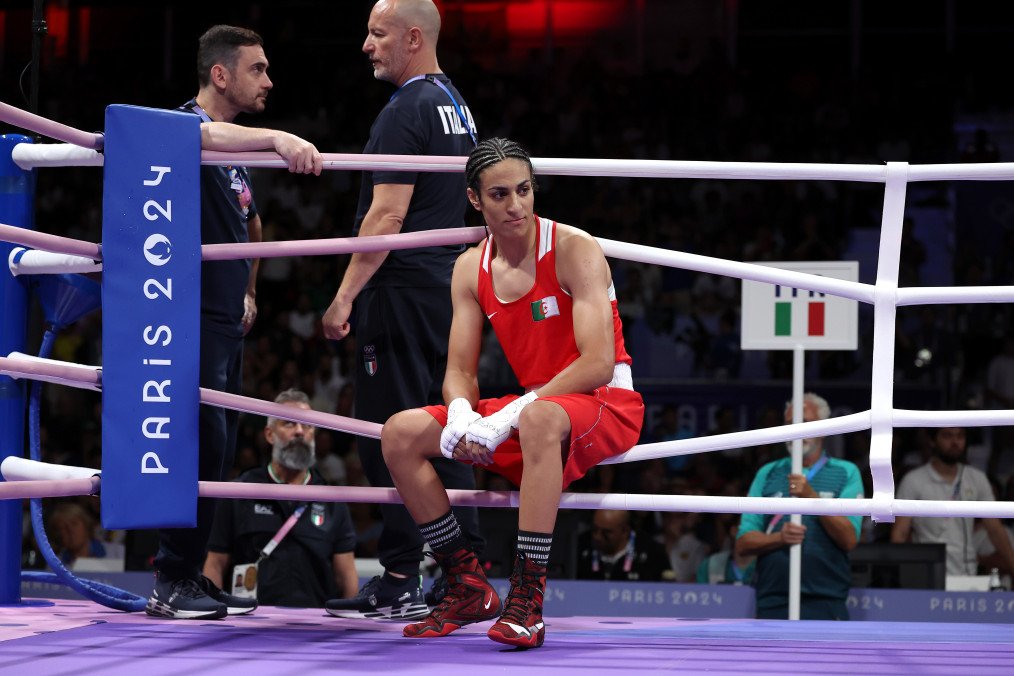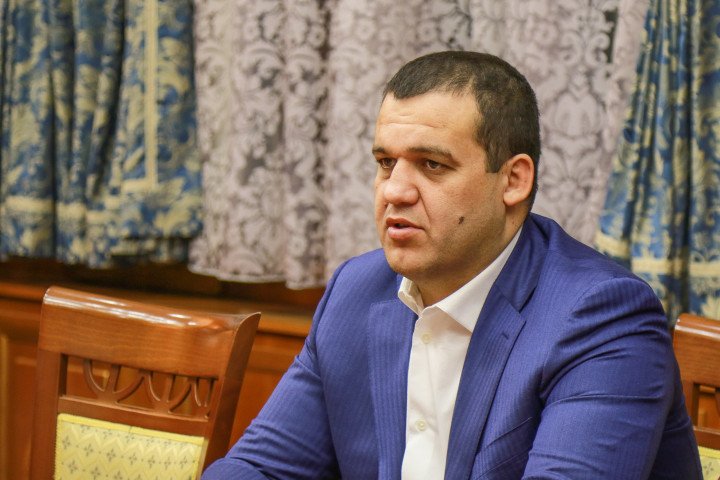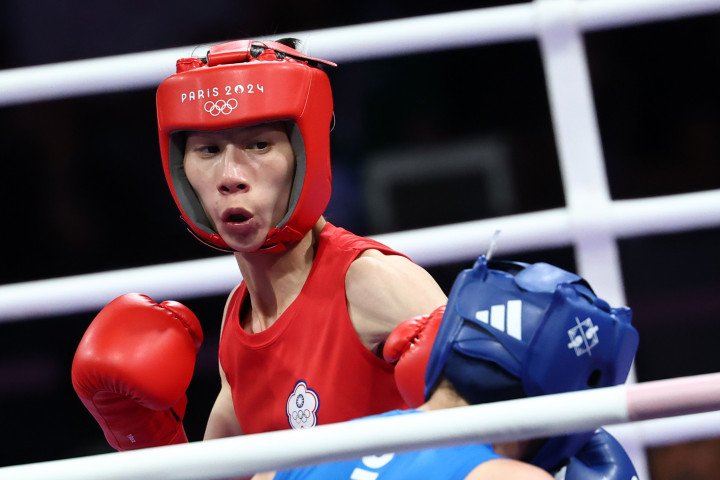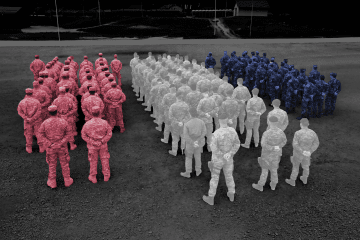- Category
- World
Where Did the Allegations That Algerian Boxer Imane Khelif Was Trans Start? Russia’s Role In It

The International Boxing Association (IBA), currently under fire for its ties to Russia, is facing fresh scrutiny over its handling of allegations regarding female boxers' eligibility. Recent cases involving Algerian boxer Iman Khelif and Taiwanese boxer Lin Yu-Ting have cast a shadow on the fairness of the sport.
Khelif, a successful boxer who was born female in Algeria, has been targeted at this year’s Olympics due to false accusations of her being transgender. Similarly, Lin Yu-Ting faced allegations at the Olympics despite a long history of competing in women's boxing. Notably, both boxers competed in the World Championships held last year under the IBA, an organization led by a Russian national and reportedly funded by Russian energy giant Gazprom.

The issue is further complicated by the IBA's continued allowance of Russian boxers to compete under the Russian flag. Additionally, the lack of transparency surrounding the IBA's "sex testing" procedures raises concerns about the legitimacy of these allegations. IBA did not disclose what these tests are. Lin's case involved a revoked medal due to a failing "sex test," while Khelif faced similar accusations after defeating a Russian opponent Azalia Amineva. Interestingly, both accusations came after victories.
The IBA, already banned from the Olympics due to corruption and bias allegations, has pointed fingers at the Olympic Committee, claiming it allows "men pretending to be women" to compete in women's sports. However, the lack of disclosure regarding the nature of the "sex test" makes it difficult to verify these claims. Further muddying the waters, IBA's head, Umar Kremlev (a Russian national), publicly accused both Khelif and Lin of possessing male chromosomes, without providing any evidence. These allegations have been widely reported by Russian state media and subsequently picked up by international outlets.

The IBA's actions seem aimed at undermining the credibility of Olympic standards, especially given Russia's exclusion from the Games due to doping scandals.
The IBA's close ties to Russian interests also suggest a broader strategy to cast doubt on the integrity of the Olympics. By challenging gender identity policies, Russia might question the fairness and legitimacy of Olympic standards, perhaps in retaliation for their exclusion.


-206008aed5f329e86c52788e3e423f23.jpg)

-605be766de04ba3d21b67fb76a76786a.jpg)
-27ef304a0bfb28cb4215e5deede4a665.png)
-46f6afa2f66d31ff3df8ea1a8f5524ec.jpg)
